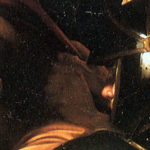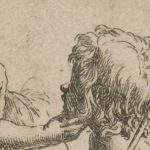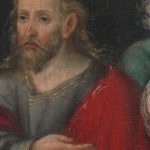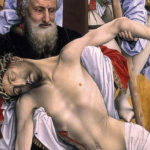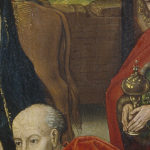
Easter is a Christian holyday/holiday. No other religion has a parallel to it. Christianity is not filled up without Easter – the Resurrection. Christmas became the answer to pagan rituals of the solstice, occurring in the northern hemisphere. The Sun was returning. The colder habited climes celebrated the event of coming warmer weather, fruits of the field, the animation of light in longer daytime, and the indications of ongoing life. Mankind would not flourish if all days were like December 21 in northern Europe, where solstice was a major celebration. The church may have countered pagan practices, like solstice parties, with accounts of birth stories of Jesus. Even marking Jesus’ birth sometimes held disrepute in the church. A person in… Read more


